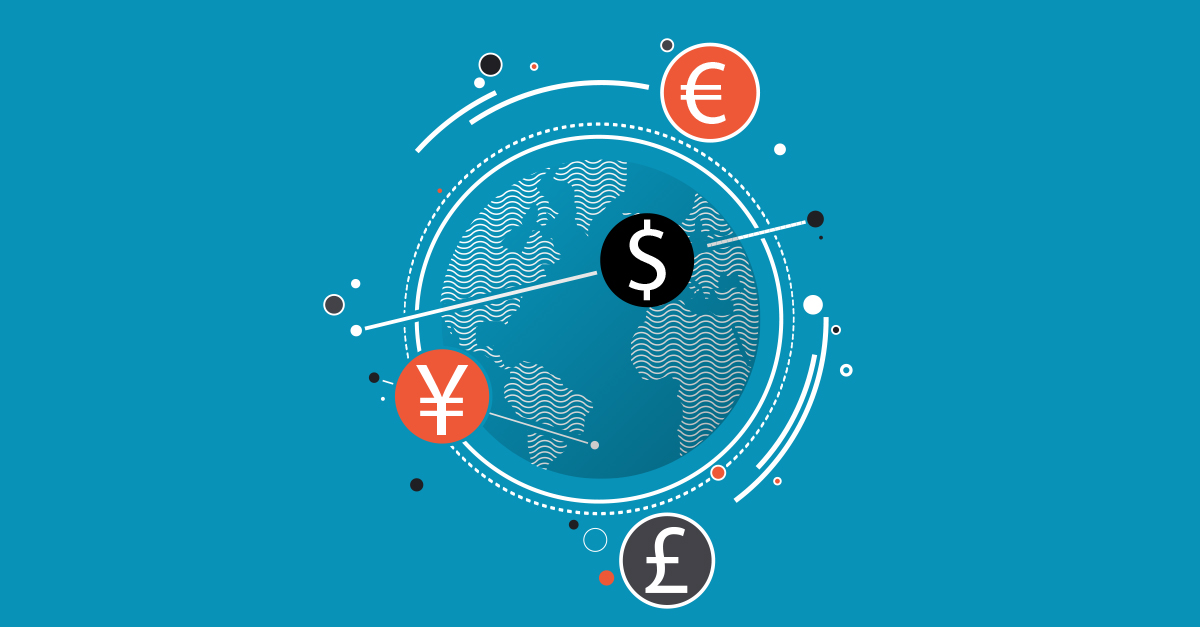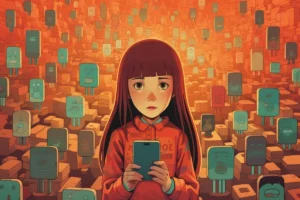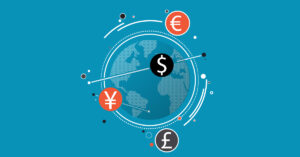The COVID-19 pandemic has left an indelible mark on the global economy, disrupting industries, livelihoods, and financial systems in unprecedented ways. While efforts to mitigate the health crisis were essential, the economic repercussions have been far-reaching and continue to influence the world’s financial stability. Let us explore how the pandemic has affected the global economy and the challenges it has brought.
Widespread Job Losses and Unemployment
One of the most immediate impacts of COVID-19 was the loss of jobs across various sectors. Lockdowns and restrictions forced many businesses to close temporarily or permanently. Industries like hospitality, tourism, and retail were hit hardest, leaving millions without stable incomes. Even major corporations had to lay off employees or implement pay cuts to survive the downturn.
Disruptions in Global Supply Chains
The pandemic exposed vulnerabilities in global supply chains, with manufacturing hubs shutting down due to health risks and worker shortages. This disruption led to delays, increased costs, and reduced availability of goods. The automotive and electronics industries, which heavily rely on international supply chains, faced significant challenges in meeting consumer demands.
Decline in International Trade
International trade experienced a sharp decline during the pandemic as countries imposed restrictions on movement and borders. Export-dependent economies suffered severe setbacks, with reduced demand for goods and services leading to a contraction in global trade. Developing nations that rely on exports for economic growth were particularly affected.
Increase in National Debt
Governments worldwide implemented stimulus packages to support businesses and individuals affected by the pandemic. While these measures were necessary, they also resulted in increased national debt. Many countries now face the challenge of balancing economic recovery with the burden of rising public debt.
Impact on Small and Medium Enterprises (SMEs)
Small and medium enterprises were among the hardest hit during the pandemic. With limited financial reserves, many SMEs struggled to cope with reduced consumer spending and operational restrictions. A significant number of these businesses were forced to shut down, leading to long-term economic consequences.
Inequality and Poverty
COVID-19 exacerbated existing inequalities, pushing millions into poverty. Vulnerable populations, including informal workers, women, and marginalized communities, bore the brunt of the economic downturn. The widening gap between the rich and the poor has become a major concern for policymakers aiming to achieve equitable recovery.
Impact on Healthcare and Education Sectors
The economic strain also affected critical sectors like healthcare and education. Healthcare systems were overwhelmed, leading to increased spending to manage the crisis. At the same time, education systems faced disruptions, with schools and universities shifting to remote learning. This shift created disparities in access to education, particularly in low-income regions lacking digital infrastructure.
The Road to Recovery
As the world gradually recovers from the pandemic, governments and organizations are focusing on rebuilding economies. Stimulus measures, vaccination campaigns, and efforts to revitalize industries are underway. However, achieving sustainable recovery requires addressing the inequalities and vulnerabilities that the pandemic has highlighted.
The COVID-19 pandemic has been a stark reminder of how interconnected the global economy is and how vulnerable it can be to unforeseen crises. While recovery efforts are making progress, the economic scars left by the pandemic will take years to heal. A collaborative and inclusive approach is essential to ensure that the world emerges stronger and more resilient in the face of future challenges.














Post Comment